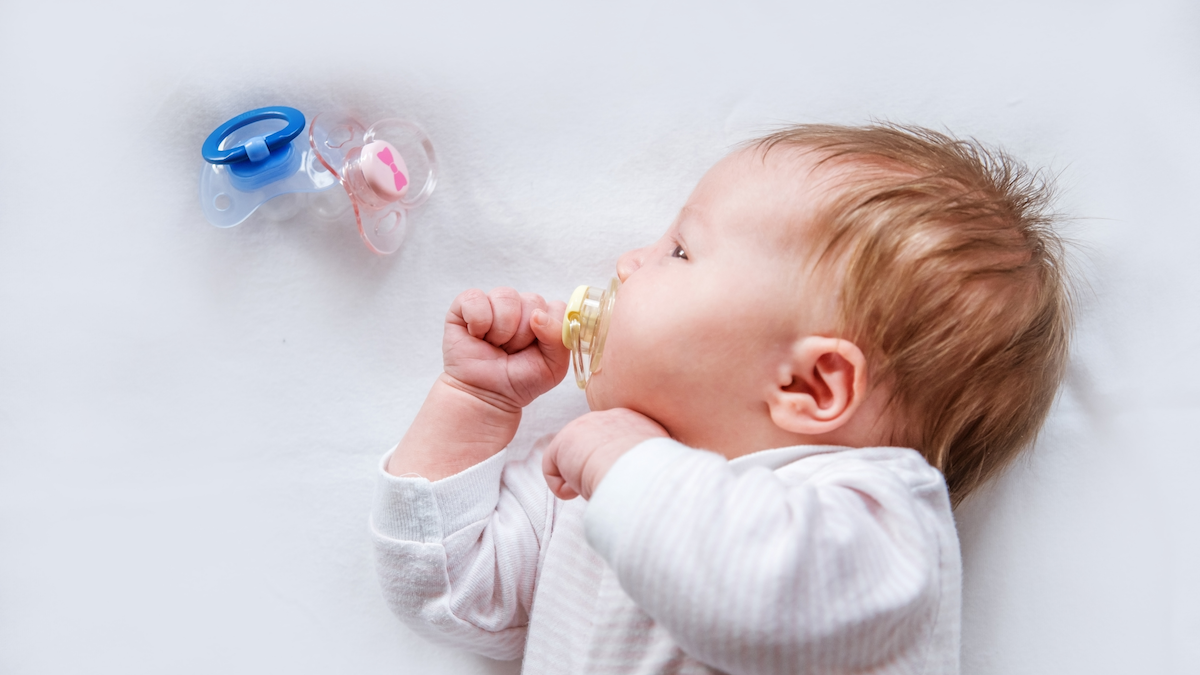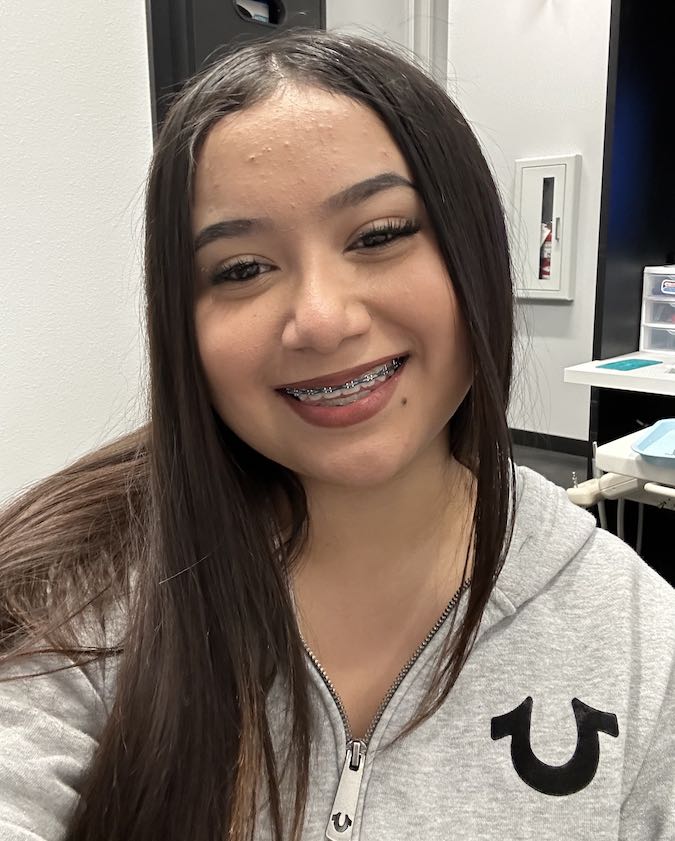Sucking is a normal and important habit that helps babies learn to eat and drink and can also serve as a calming effect. However, if it keeps going on for too long it could bring some problems to their teeth or jaw. It is important for kids to get rid of this habit before their permanent teeth start coming in. According to the American Dental Association, permanent teeth will likely begin to erupt around age 6.
Pacifiers are usually left behind at an earlier age than thumb-sucking. Children will regularly stop sucking their thumbs on their own, but if you notice your child is still sucking their thumb after age 4, you may want to slowly help them discontinue doing it. Once a child’s permanent teeth start showing, sucking on a pacifier or thumb can affect their alignment and make them more likely to need orthodontic treatment in the future. The intensity with which your child sucks will play a big part in whether issues show up or not. If your child simply rests their thumb inside their mouth the risk of damage is lower than if they suck at it more insistently.
When trying to help your child stop thumb-sucking or using a pacifier, a helpful suggestion is to use praise and rewards instead of punishment. Positive reinforcement will encourage them to stop, while criticizing or shaming will only decrease their self-esteem or stress them out. Many times, these habits can be a way to calm down anxiety or insecurity so maybe try to correct the initial cause first. Always remember to be patient with them and not pressure them too much with the subject, the habit will eventually come to an end.
If you are already noticing some damage or change in your child’s teeth or palate, contact their dentist for a professional opinion. Sometimes they may recommend using a bitter medication on their thumb or a dental appliance that will make it uncomfortable for them to keep sucking. If they don’t already have a dentist, check out our tips on how to find the best doctor for them. Occasionally simply hearing about why it’s important to stop, from someone other than a parent, will be enough encouragement.
At Risas Kids, we are always happy to help with any questions or concerns you may have regarding your child’s oral health. Learn more about us or schedule an appointment to come visit us!
Pacifiers are usually left behind at an earlier age than thumb-sucking. Children will regularly stop sucking their thumbs on their own, but if you notice your child is still sucking their thumb after age 4, you may want to slowly help them discontinue doing it. Once a child’s permanent teeth start showing, sucking on a pacifier or thumb can affect their alignment and make them more likely to need orthodontic treatment in the future. The intensity with which your child sucks will play a big part in whether issues show up or not. If your child simply rests their thumb inside their mouth the risk of damage is lower than if they suck at it more insistently.
When trying to help your child stop thumb-sucking or using a pacifier, a helpful suggestion is to use praise and rewards instead of punishment. Positive reinforcement will encourage them to stop, while criticizing or shaming will only decrease their self-esteem or stress them out. Many times, these habits can be a way to calm down anxiety or insecurity so maybe try to correct the initial cause first. Always remember to be patient with them and not pressure them too much with the subject, the habit will eventually come to an end.
If you are already noticing some damage or change in your child’s teeth or palate, contact their dentist for a professional opinion. Sometimes they may recommend using a bitter medication on their thumb or a dental appliance that will make it uncomfortable for them to keep sucking. If they don’t already have a dentist, check out our tips on how to find the best doctor for them. Occasionally simply hearing about why it’s important to stop, from someone other than a parent, will be enough encouragement.
At Risas Kids, we are always happy to help with any questions or concerns you may have regarding your child’s oral health. Learn more about us or schedule an appointment to come visit us!

